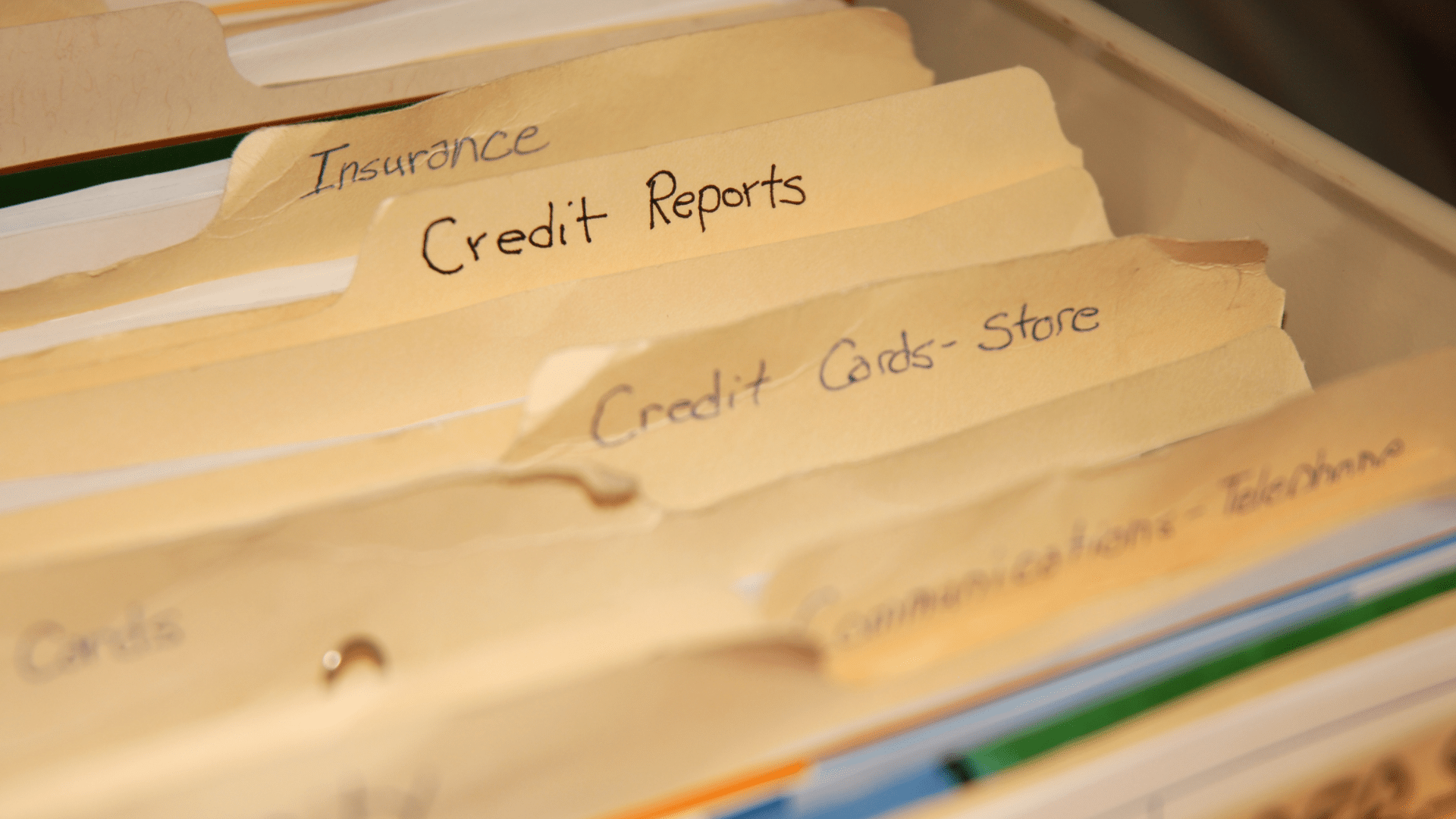Every entrepreneur starts a business with the intent of making a profit. A crucial part of the business is managing cash flow and credit efficiently. You may have bootstrapped your business, but personal funds have a limitation. There comes the point when your business needs external funding, maybe to execute a large order, expand to a new location, acquire a design or product, meet the working capital requirement, and sometimes to get by a crisis. At this point, securing financing easily and at favourable rates and terms can smooth the ship’s sailing. That is where credit reports come into the picture.
Understanding and Building Business Credit Reports
Your credit report tracks how you use your credit. Credit bureaus like Equifax and Trans Union collect all details related to credit, be it bill payments, credit card and loan payments, and prepare a credit report detailing your credit history. On the basis of your promptness in payments, they arrive at a credit score on a scale of 300 to 900, with anything on the higher side showing timely payments, meaning you manage your funds well.
Like your personal credit report, your business also has a credit report as it is a separate entity with a separate account. When pursuing a business loan from external services, your business credit report is equally important as your personal credit report. The business credit report will remove the burden of your past financial mistakes from your business. It will tell lenders how your business has handled credit in the past and how it could likely handle it in the future.
Who Uses Business Credit Reports and For What Purpose?
There is a misconception that only lenders use credit reports. Landlords, insurance companies, auto dealers, business partners and investors also review your credit report to determine payment terms. For instance, if you are looking to move into a better office space, the landlord might give you preference over another tenant based on your credit report.
Apart from lenders, even you can use your business credit report to review the accuracy of the information and identify any discrepancies. You can also analyze your report and determine which funding sources are feasible for the company and what terms you can negotiate with vendors or insurers.
Importance of a Good Credit Score for Small Business Owners
Your business credit report calculates your small business credit score. That score determines how much loan your firm can get and at what interest rate. Banks don’t want to lose the millions of dollars they give you loans to do business. Hence they check your credit score to make provisions for bad debts.
A poor credit score could reduce your chances of borrowing money at favourable rates or getting an office of your choice. The end result could be piling debt where the lender dictates the terms instead of you. Having a poor credit score is not the end of eternal financing. You can improve your business credit score by adopting healthy financial practices like timely payments of invoices, insurance premiums, and employee salaries.
A good credit score can make easy financing available to your business. You might need other documents, but you can set up a revolving credit facility with a bank to keep the liquidity intact. You can also get short and long-term loans from multiple lenders.
Contact Glenn Graydon Wright LLP from Oakville for Business and Financial Planning Services
A professional chief financial officer can leverage your business credit report and help you plan a financial strategy that keeps loans in check. At Glenn Graydon Wright LLP, our accountants and business consultants can help you review your business credit score and make strategic decisions. You can contact Glenn Graydon Wright LLP at 905-845-6633 or email us to avail of business consultation and CFO services.
